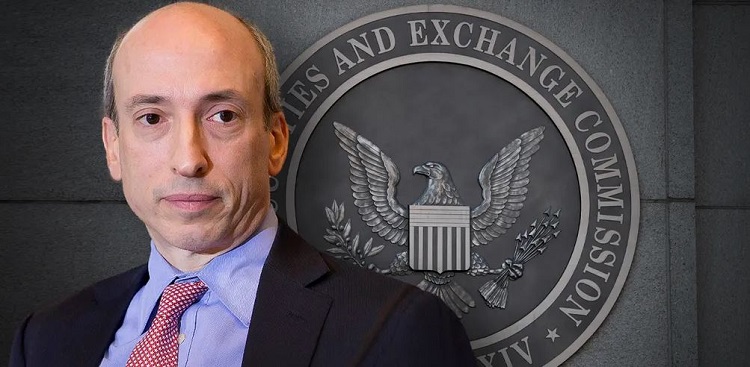The Gary Gensler Hack, stands as a stark reminder of the ever-present vulnerabilities in our digital world, even for high-profile individuals. The attack, which involved a SIM swap that ultimately led to the hacking of the U.S. Securities and Exchange Commission (SEC) Twitter account, sent shockwaves through the financial sector and highlighted the growing threat of cybercrime in the digital age. This incident not only compromised the personal security of Gary Gensler, the SEC Chairman, but also had broader implications for digital security across various sectors.

The Gary Gensler Hack began with a SIM swap, a tactic increasingly used by cybercriminals to gain control over a victim’s mobile phone number. By convincing a mobile carrier to transfer Gensler’s phone number to a new SIM card, the hacker gained access to his personal accounts. This breach allowed the attacker to access the SEC’s Twitter account and impersonate Gensler, posting misleading information about Bitcoin. The tweets, coming from such a trusted and authoritative source, caused a ripple effect in the financial markets, manipulating Bitcoin prices and causing chaos among investors.
This incident underscores the need for more robust security measures, especially for individuals in positions of significant influence. The Gary Gensler Hack serves as a wake-up call for the financial industry and beyond, highlighting the risks associated with digital identities and the potential for these identities to be exploited for malicious purposes. In Gensler’s case, the failure to protect his personal information adequately opened the door for a cybercriminal to manipulate the stock market, demonstrating the far-reaching consequences of digital security breaches.
The fallout from the Gary Gensler Hack extends beyond the immediate financial impact. It has ignited a broader conversation about the security practices employed by public figures and institutions. With digital communication becoming increasingly integral to daily operations, the risks associated with poor cybersecurity practices are amplified. The attack on Gensler, a prominent figure in the regulatory world, emphasizes that no one is immune to these threats, regardless of their status or position.
In response to the Gary Gensler Hack, there has been an increased focus on the vulnerabilities of SIM-based authentication methods. SIM swapping, though not new, has proven to be an effective tool for cybercriminals, enabling them to bypass two-factor authentication systems that rely on SMS. As a result, there is a growing movement towards adopting more secure authentication methods, such as app-based authenticators and hardware security keys, which are less susceptible to this type of attack.
The Gary Gensler Hack also raises important questions about the role of social media in the financial markets. The speed at which misinformation can spread, especially when coming from a verified and trusted account, poses a significant risk to market stability. This incident illustrates how easily the perception of a digital currency like Bitcoin can be manipulated, leading to real-world financial consequences. It has become evident that stronger safeguards need to be in place to protect official social media accounts from being compromised.
As the financial industry grapples with the implications of the Gary Gensler Hack, there is a renewed emphasis on the importance of cybersecurity education and awareness. Ensuring that individuals, especially those in influential positions, are informed about the latest threats and how to protect themselves is crucial. This includes understanding the risks associated with personal data and the need for comprehensive security practices that go beyond the basics of password protection.
The Gary Gensler Hack is a case study in the complexities of digital security in the modern world. It highlights the intersection of personal security and public trust, showing how a breach in one area can have cascading effects on another. As cybercriminals become more sophisticated, the importance of staying ahead of potential threats cannot be overstated. The lessons learned from this incident will undoubtedly influence the future of cybersecurity practices, not just within the financial sector, but across all industries where digital communication plays a critical role.
In conclusion, the Gary Gensler Hack serves as a crucial reminder of the vulnerabilities inherent in our digital infrastructure. It underscores the need for stronger security measures, more secure authentication methods, and a greater awareness of the risks posed by cyberattacks. As we continue to rely on digital tools and platforms, the lessons from this breach will be vital in shaping a more secure and resilient digital future.
